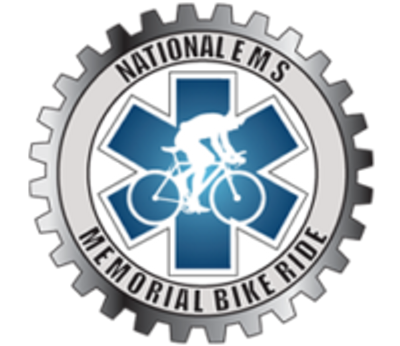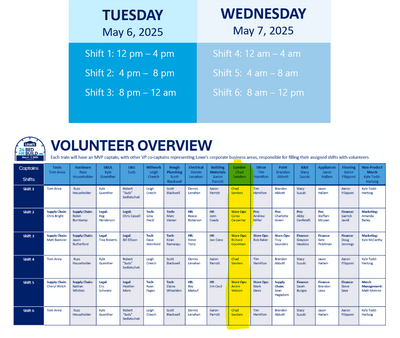Time to Get Proactive about Cholesterol

Monday, August 8, 2022
Nearly 94 million Americans have borderline high or high cholesterol, according to the Centers for Disease Control and Prevention. And though so prevalent, many people have no idea they have high cholesterol until it causes a serious medical emergency. You cannot “feel” high cholesterol. It attacks in silence, without any signs or symptoms.
The only way to know if you have unhealthy cholesterol levels is to have your primary care provider do a blood test. Otherwise, you may only realize when it’s too late — when you have a heart attack or stroke. It’s time to get proactive about your cholesterol health.
Understanding Cholesterol
Cholesterol is a waxy, fat-like substance found in the cells of your body. It’s important to note that not all cholesterol is bad. Your body actually needs a certain amount of cholesterol to function properly.
“Cholesterol is necessary to make hormones, vitamin D, and substances that help with digestion,” said Veronica Bradley, physician assistant at Harmony Medical Care.
Your liver and other body cells make all the cholesterol your body needs, but you can take in excess cholesterol through the animal-based foods you eat.
There are two types of cholesterol: HDL (high-density lipoprotein) and LDL (low-density lipoprotein). HDL is known as good, or healthy, cholesterol because it carries excess cholesterol from the bloodstream back to the liver, where it is reprocessed or removed from the body.
“HDL cholesterol can actually help lower the risk of heart disease. Higher levels of HDL help to remove other unhealthy cholesterol from the blood,” said Bradley.
On the other hand, LDL is referred to as “lousy” or bad cholesterol.
According to Bradley, when too much LDL cholesterol circulates in your blood, it forms with other substances to create plaque that builds up and sticks to the inside of your arteries, obstructing blood flow. This process of plaque buildup is called atherosclerosis.
These narrowed or blocked arteries can prevent blood from reaching your heart, brain, or other vital organs, which puts you at risk for life-threatening health issues.
“High cholesterol poses a risk for cardiovascular disease, which is a blanket term that includes coronary artery disease, stroke, and peripheral vascular disease,” said Bradley.
Getting Your Levels Checked
Since high cholesterol has no symptoms, the only way to find out if you have it is to get a complete cholesterol test — also called a lipid panel or lipid profile. All adults ages 20 and older should have a cholesterol test every four to six years.
A cholesterol test checks your LDL, HDL, triglycerides (another form of fat in the blood), and your total cholesterol. Your total cholesterol measures the total amount of cholesterol in your blood and is made up of your LDL, HDL, and triglyceride levels.
Healthy cholesterol levels can look different from person to person based on risk factors, lifestyle, age, and gender. But, as a general guideline, your total cholesterol level should be below 200 mg/dL to be considered a healthy range. Your provider will also look at your LDL, HDL, and triglycerides to determine if you need to improve your cholesterol levels.
“We look at different factors when starting to treat high cholesterol levels, such as age, and risk factors like diabetes, hypertension, and history of heart attack and stroke. For those that have risk factors, we start to treat when LDL is higher than 70 mg/dL. Other times, we treat when LDL raises above 180-190 mg/dL,” said Bradley.
Lowering your Levels
Luckily, if the results of your cholesterol test come back not as expected, there are ways to control and lower your unhealthy levels.
Making healthy lifestyle changes is essential to protect yourself against high cholesterol and help you avoid heart attack and stroke. This means getting regular exercise, not smoking, and choosing a heart-healthy diet.
“Good ways to control your cholesterol levels would be to reduce trans fats and saturated fats. Saturated fats are found in red meat and full dairy products. It is good to eat foods high in omega-3 fatty acids and increase soluble fiber,” said Bradley.
A heart-healthy diet is rich in a variety of fruits, vegetables, whole grains, and includes low-fat sources of protein and calcium. You should also try to limit commercially baked goods, fried food, and fast food. When in doubt, check the Nutrition Facts label for information about saturated fat and trans fat content.
Bradley also recommends getting at least 30 minutes of aerobic exercise three or four times per week to increase your healthy HDL and decrease your LDL.
“Your provider can always help to discuss the right plan to lower cholesterol levels. This would include healthy foods to include and bad foods to avoid. Your provider can also discuss adding cholesterol-lowering medications, such as statins, if appropriate,” said Bradley.
“The key takeaway is that high cholesterol levels do not show signs or symptoms, so it is important to schedule a visit with your provider to monitor your levels to stay healthy,” she added.
Bradley practices at Harmony Medical Care, located at 3210 Harmony Highway, and is accepting new patients. If you would like to schedule an appointment with Veronica Bradley, PA-C, please call 704-546-7587.
































